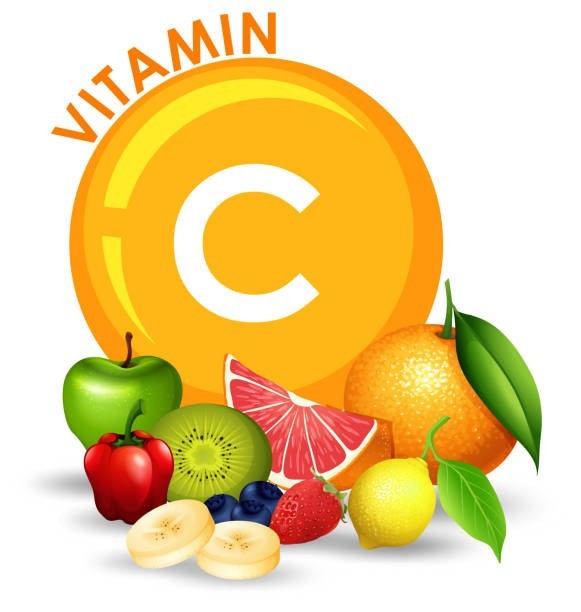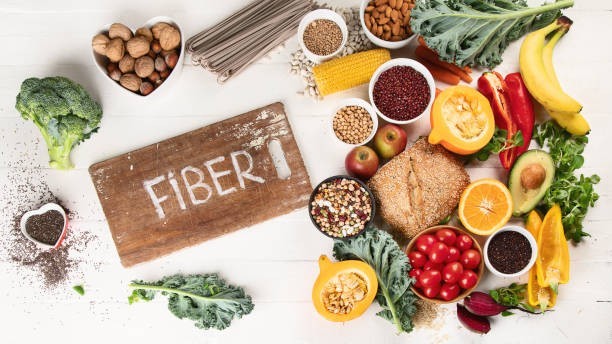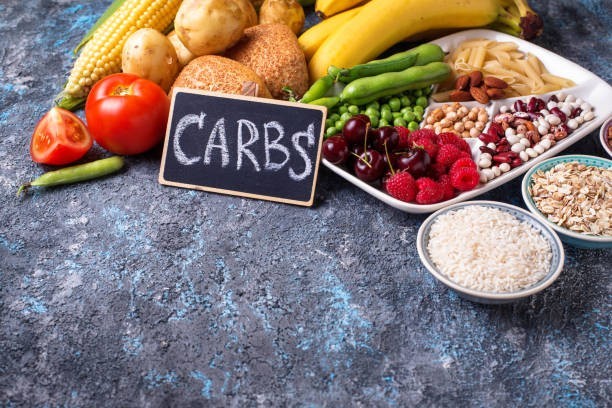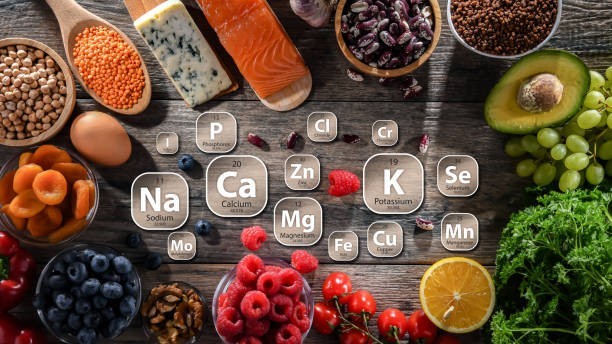views
#ChestnutBenefits #HealthyEating #Superfoods #NuttyForHealth #ChestnutLove #NutrientRich #WellnessFoods #ChestnutFacts
1. Rich in Vitamin C

Unlike most nuts, chestnuts are a good source of vitamin C, which plays a vital role in immune health, collagen production, and wound healing. Just 100 grams of raw chestnuts can provide about 40% of your daily vitamin C needs. This makes them a great snack during cold and flu season. Vitamin C also acts as a powerful antioxidant, helping to protect your cells from damage caused by free radicals. Roasting reduces vitamin C content slightly, so eating chestnuts boiled or lightly roasted can help you maximize their immune-boosting benefits while still enjoying their sweet, nutty flavor.
2. Low in Fat Compared to Other Nuts

Chestnuts stand out in the nut family because they are naturally low in fat. While almonds, walnuts, and cashews are high in heart-healthy fats, chestnuts contain less than 2 grams of fat per 100 grams. This makes them a lighter, lower-calorie option for those watching their fat intake while still providing important nutrients. Their lower fat content also means they’re less oily and have a unique, mildly sweet taste. Chestnuts are an ideal snack for people who want the nutritional perks of nuts without the extra calories from fats, especially for weight-conscious eaters.
3. Excellent Source of Dietary Fiber

Chestnuts are high in dietary fiber, which is essential for healthy digestion, blood sugar control, and heart health. Just 10 roasted chestnuts can provide about 4 grams of fiber, helping you meet your daily requirement. Fiber adds bulk to your diet, supports regular bowel movements, and promotes a feeling of fullness, which can aid in weight management. Soluble fiber in chestnuts also helps lower cholesterol levels by binding to cholesterol molecules and removing them from the body. This makes chestnuts not just a tasty seasonal treat, but a digestive and heart-friendly food worth including in your diet regularly.
4. Packed with Complex Carbohydrates

Chestnuts are an excellent source of complex carbohydrates, which provide a slow, steady release of energy. Unlike simple sugars that cause rapid spikes and crashes in blood sugar levels, complex carbs help maintain consistent energy throughout the day. This makes chestnuts an ideal snack before physical activity or as a mid-afternoon pick-me-up. Their carb profile is especially beneficial for athletes and active individuals who need sustained fuel. In many cultures, chestnuts have historically been a staple food, providing nourishment and energy during colder months when other carbohydrate sources were scarce.
5. Naturally Gluten-Free

Chestnuts are naturally gluten-free, making them a safe choice for people with celiac disease or gluten sensitivity. They can be ground into chestnut flour, which is commonly used in gluten-free baking to make cakes, bread, and pasta. Chestnut flour has a subtly sweet flavor and a light texture, which works well in both sweet and savory recipes. This versatility allows people avoiding gluten to still enjoy baked goods and traditional dishes without compromising taste or texture. For those exploring alternative flours, chestnut flour is a nutrient-rich, flavorful option that supports a gluten-free lifestyle.
6. Supports Heart Health

Chestnuts contribute to cardiovascular health through their combination of potassium, fiber, and antioxidants. Potassium helps regulate blood pressure by balancing the effects of sodium in the diet, while fiber supports healthy cholesterol levels. The antioxidants in chestnuts, including vitamin C and plant-based compounds, protect blood vessels from damage caused by oxidative stress. Eating chestnuts regularly—especially as a replacement for less healthy snacks—can help reduce the risk of heart disease over time. Their naturally low fat and sodium content further enhances their heart-friendly profile, making them a wholesome choice for maintaining cardiovascular wellness.
7. Rich in Essential Minerals

Chestnuts are a source of important minerals like magnesium, copper, and manganese, which are vital for various bodily functions. Magnesium supports muscle and nerve function, copper helps with iron absorption and red blood cell production, and manganese plays a role in bone health and metabolism. These minerals also act as cofactors for antioxidant enzymes, boosting the body’s defense against oxidative stress. Including chestnuts in your diet can help ensure you’re getting a broad spectrum of micronutrients essential for long-term health, all while enjoying a naturally sweet, satisfying snack or recipe ingredient.
8. Good for Bone Health

Chestnuts contain a variety of nutrients that contribute to strong bones, including magnesium, phosphorus, and calcium. Magnesium aids in calcium absorption, while phosphorus is essential for bone formation and maintenance. These nutrients work together to support bone density and strength, reducing the risk of osteoporosis as you age. In addition, chestnuts’ vitamin C content helps the body produce collagen, an important protein in bones and connective tissue. Regularly incorporating chestnuts into your diet—especially in their roasted form—can be a tasty way to help maintain healthy bones throughout life.
9. Boosts Brain Function

Chestnuts provide B vitamins such as folate, thiamine, and riboflavin, which are essential for brain health and cognitive function. Folate supports proper brain development and helps prevent cognitive decline, while thiamine and riboflavin assist in converting food into energy for brain cells. The antioxidants in chestnuts also help protect neurons from oxidative damage, potentially lowering the risk of neurodegenerative conditions. Including chestnuts in your diet can help keep your brain sharp, especially when paired with a balanced diet rich in other brain-supporting foods like leafy greens and fatty fish.
10. Helps Maintain Stable Blood Sugar Levels

Thanks to their high fiber content and low glycemic index, chestnuts are a great food for managing blood sugar levels. Unlike refined carbs, chestnuts release sugar into the bloodstream slowly, preventing spikes and crashes. This makes them a suitable snack for people with diabetes or those trying to maintain steady energy throughout the day. Additionally, the complex carbohydrates in chestnuts work with their fiber content to support long-term metabolic health. Enjoying them in moderation—whether roasted, boiled, or added to dishes—can provide satisfying sweetness without disrupting blood sugar balance.




















Comments
0 comment